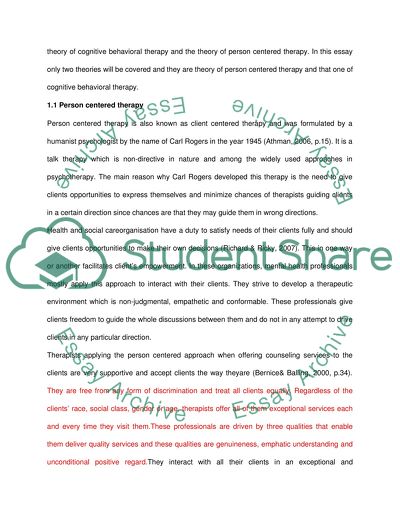Cite this document
(Communication and Counselling Skills Essay Example | Topics and Well Written Essays - 2000 words, n.d.)
Communication and Counselling Skills Essay Example | Topics and Well Written Essays - 2000 words. Retrieved from https://studentshare.org/psychology/1645702-communication-and-counselling-skills-essay
Communication and Counselling Skills Essay Example | Topics and Well Written Essays - 2000 words. Retrieved from https://studentshare.org/psychology/1645702-communication-and-counselling-skills-essay
(Communication and Counselling Skills Essay Example | Topics and Well Written Essays - 2000 Words)
Communication and Counselling Skills Essay Example | Topics and Well Written Essays - 2000 Words. https://studentshare.org/psychology/1645702-communication-and-counselling-skills-essay.
Communication and Counselling Skills Essay Example | Topics and Well Written Essays - 2000 Words. https://studentshare.org/psychology/1645702-communication-and-counselling-skills-essay.
“Communication and Counselling Skills Essay Example | Topics and Well Written Essays - 2000 Words”, n.d. https://studentshare.org/psychology/1645702-communication-and-counselling-skills-essay.


